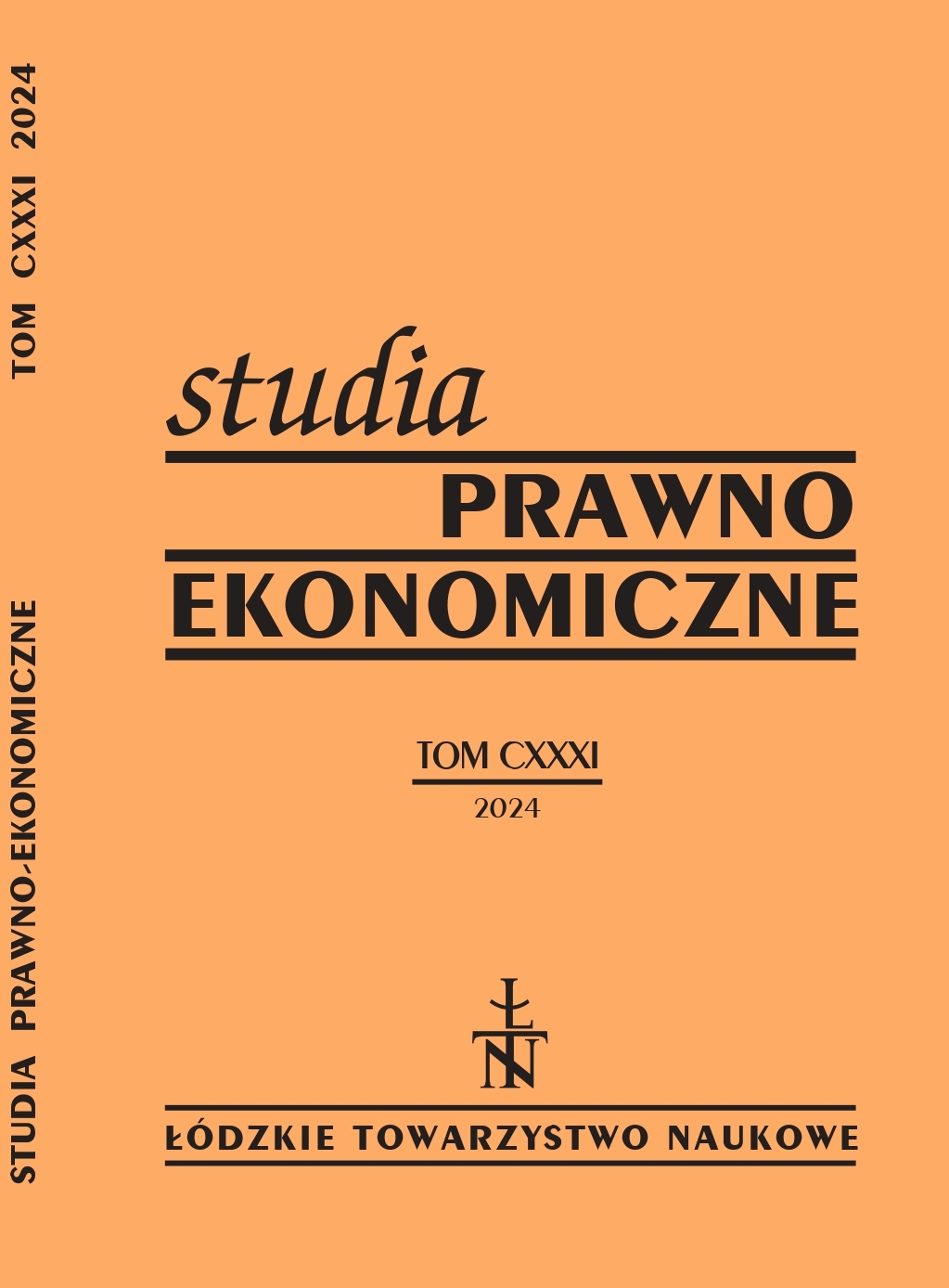KILKA UWAG NA TEMAT POZYCJI PRAWNEJ PREZYDENTA FEDERALNEGO REPUBLIKI AUSTRII
SOME REMARKS ON THE LEGAL POSITION OF THE FEDERAL PRESIDENT IN THE REPUBLIC OF AUSTRIA
Author(s): KAMIL FLORCZAKSubject(s): Constitutional Law, Governance
Published by: Łódzkie Towarzystwo Naukowe
Keywords: Federal President; Republic of Austria; legal position; Constitution; Austrian law;
Summary/Abstract: Background: The legal position of the Federal President in the Republic of Austria is marginal. However, in the Austrian doctrine of constitutional law, attention is drawn to individual aspects that raise doubts. Due to the chancellor system of government adopted in this country, the functions of the head of state are insignificant. All the more so because the constitutional regulation on this subject is modest. In Austria, and even more so in Poland, this issue is not widely discussed. The article briefly presents the history of the Austrian Constitution and the ideas behind its adoption. On the other hand, issues related to the Federal Presidents revolve around the problems of their election to office, participation in the legislative process, substitution of the head of state, and their responsibility. Research purpose: The research objective is to focus on the institution of the Federal President in the Republic of Austria in terms of selected issues and to present doubts raised in Austrian and also Polish science regarding individual aspects that make up their legal position. Methods: The text uses the dogmatic-legal method, focusing not only on Austrian constitutional norms, but also on a critical analysis of mainly Austrian, but also Polish literature. The historical- legal method was also used to the necessary extent. Conclusions: The legal position of the Federal President in the Republic of Austria is negligible, not only due to the concentration of main competencies with the Federal Government headed by the Federal Chancellor and the National Council, but also due to the Austrians’ approach to the status of the head of state, which is conditioned by the history of the Habsburg monarchy. Despite the President having small powers, doubts arise in the Austrian literature on the subject regarding individual aspects revolving around the issue of the election of the President, their responsibility or participation in the legislative process. The modest Austrian literature, as well as Polish, only indicates some problems without leaning towards clear solutions. Certainly, the lowering of the age of active suffrage to 16 years deserves attention. The Federal President, despite lacking formal veto power, could refuse to sign a law if there was an obvious contradiction with both national and union law. Regarding responsibility, the solution of popular voting deserves approval. On the other hand, the issue of the Federal President’s substitution has been resolved very effectively, due to the collegial body that is to perform his duties.
Journal: Studia Prawno-Ekonomiczne
- Issue Year: 2024
- Issue No: 131
- Page Range: 9-27
- Page Count: 19
- Language: Polish

